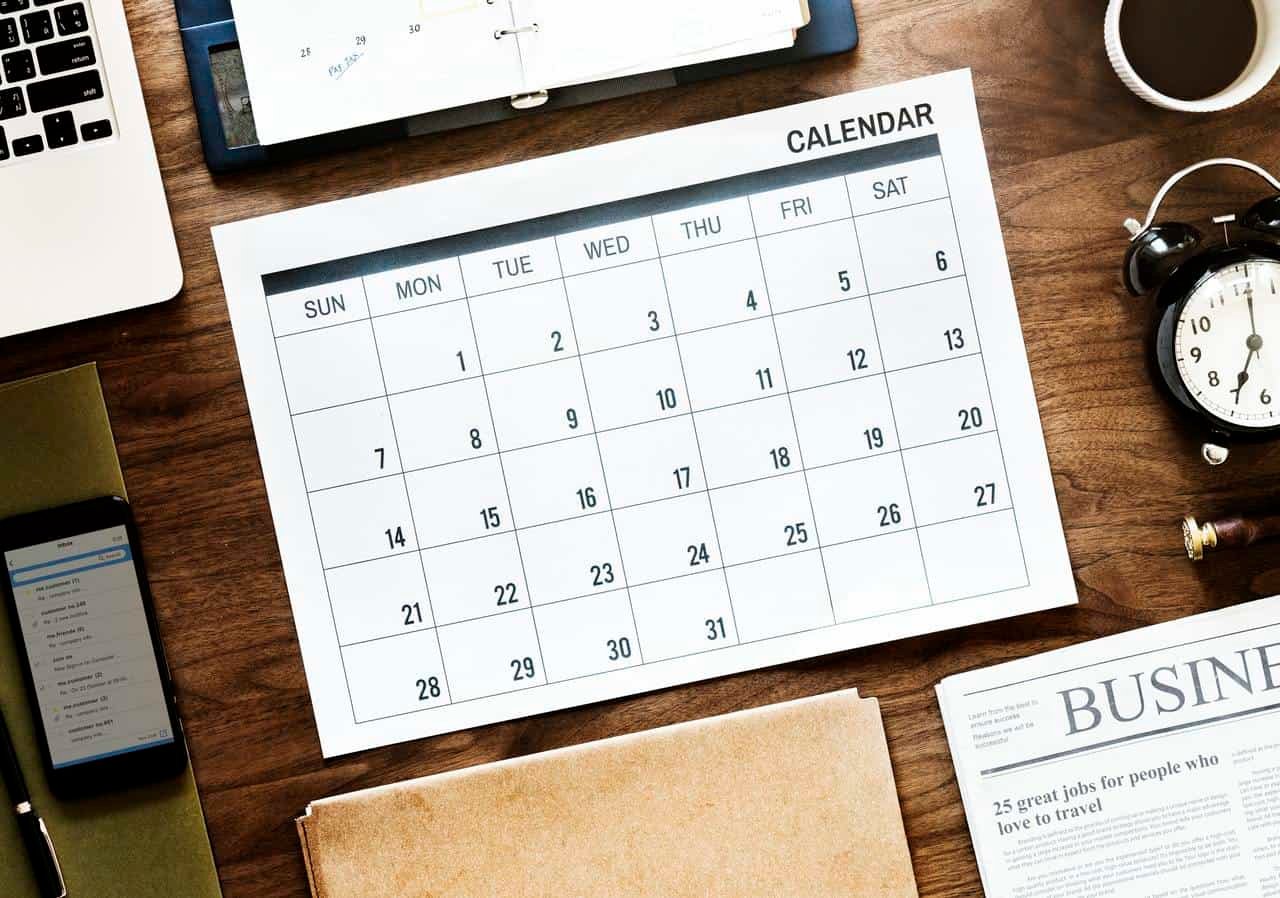Thanks to your awesome lead magnet, you’ve won over a new subscriber. Now, what?
In this post, we’ll discuss how to build a relationship with your new email subscribers after delivering the lead magnet. Not only is it important to start engaging them right away, but it’s also crucial that you send useful content on a consistent basis.
This post will help you create an email marketing strategy that makes it easy for you to serve your new subscriber while also slowly but surely converting them into a customer.
Let’s get started.
Ask Them One Question
Instead of guessing what type of email content they’d like to see, why not ask?
The majority of businesses serve more than one customer type. If you have more than one customer type, you’re also dealing with different pain points. In other words, not everyone who signs up for your lead magnet is there for the same reason. You need to find out exactly what it is so that you can provide the content that they need.
Soon after a subscriber joins your email list, ask them one question: What problem can I help you solve? Then, provide multiple choice answers. You can then segment your subscribers based on their answers.
Segment Your List
Not sure what “segment” means?
To segment means to divide your email list into groups. Segmenting is one of the keys to success. When you divide your email list, you’re able to create specific content that targets that subscriber and his or her pain point.
There are several ways to slice and dice your email list. Decide on the criteria that matter the most to you. In addition to the above advice on finding out your subscriber’s pain point, here are a few other ways to segment your email list:
Location – Knowing where your subscriber lives can help you determine what types of emails to send. For example, holiday-related emails that may apply to a small group of your email subscribers.
Open Rate – This option applies to subscribers who’ve been on your list for a while. You can decide how often to send emails (including follow up emails for those who didn’t open the first one).
Types of Emails Opened – You can discover what interests your subscriber by seeing what types of emails they open.
By Lead Magnet – This is one of my favorite ways to segment an email list. If you have multiple lead magnets (and here’s why you should), you also have an incredible way to group your new subscribers based on what interested them in the first place.
Send on a Schedule
Consistency is at the heart of a successful email marketing strategy.
If you’d like to ensure a healthy open rate, make sure that your subscriber knows when to look for your emails. Select the send frequency, the day of the week, and the time of day (i.e. once a week, sent on Thursdays at 2 pm).
Of course, you’re not married to this time. You can and should test to find out when your email subscribers are most likely to open your emails. And once you’ve tested and figured it out, stick to that same schedule, day, and time so that your subscriber starts to expect your emails. You can also let your subscriber know about your send schedule in your welcome email.
Make Every Email Special
Don’t send your subscribers content that they can find anywhere else. Your subscriber may have signed up to your email list in order to receive the lead magnet, but you can keep them subscribed by providing valuable, exclusive content. Here are a few ideas to keep your subscribers on the hook:
- Offer your subscribers email-only discounts.
- Share a behind the scenes look at your team in action.
- Highlight customers, especially those who reflect the subscriber segment that you’re emailing.
- Create a digest of blog posts and articles from around the web that you think would be useful to your subscribers.
- Host subscriber-only events, such as an exclusive first-look at your latest product.
- Ask questions. Let your subscribers know that you value their opinion by asking for it. Invite your subscribers to respond to your emails to turn it into a dialogue instead of a monologue.
By providing valuable content on the regular, the idea of unsubscribing will trigger FOMO (fear of missing out).
Allow Your Subscribers to Determine Email Frequency
Don’t overwhelm your subscribers with a non-stop string of emails.
After your initial welcome series of emails is out of the way, you should consider offering your subscribers the chance to opt-down as an alternative to opting out.
At the bottom of every email (and right next to the mandatory unsubscribe link), include a link to change email preferences. This will give your subscriber the option to still hear from you but not as frequently or to only receive specific types of content from you.
Build Relationships
Have you ever heard the phrase the money’s in the list?
While it is true that the subscribers on your email list can turn into paying customers, the last thing you should do is blast non-stop promo emails.
Only 20% of your emails need to focus on selling. In other words, one in every five emails should be promotional; the other four should be insanely useful to your subscriber without attempting to sell them anything.
Remember the 80/20 rule when deciding which emails to send and in what order.
Purge Your Email List Periodically
Unfortunately, not everyone who signs up to receive your lead magnet will stay on as a loyal subscriber. So, don’t stand in their way. If someone wants to unsubscribe, make it incredibly easy for them to do so.
And for those who haven’t unsubscribed but never open your emails, it’s a good idea to ask them if they’d still like to remain on your email list.
Deleting inactive subscribers may not seem like a top priority, but it is. Having a large percentage of subscribers who don’t open your emails will negatively impact your deliverability rate. Inbox providers, like Gmail, will look at your open rates to determine whether your emails are useful or varying degrees of spam.
By cutting down your list to the people who actually open your emails periodically, you’ll be able to improve your open rate. Plus, your emails will enjoy higher visibility in the primary inbox, making it more likely your new subscribers will see your content.
Final Thoughts
Whenever someone has decided to invite you into their inbox, don’t take it for granted. It’s an incredible honor and one that can be taken away just as quickly. Use email to build trust with your subscribers by providing them with valuable content.
Before you go, check out:
Not sure how to keep your new subscriber engaged after the initial welcome email?


